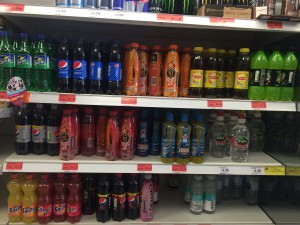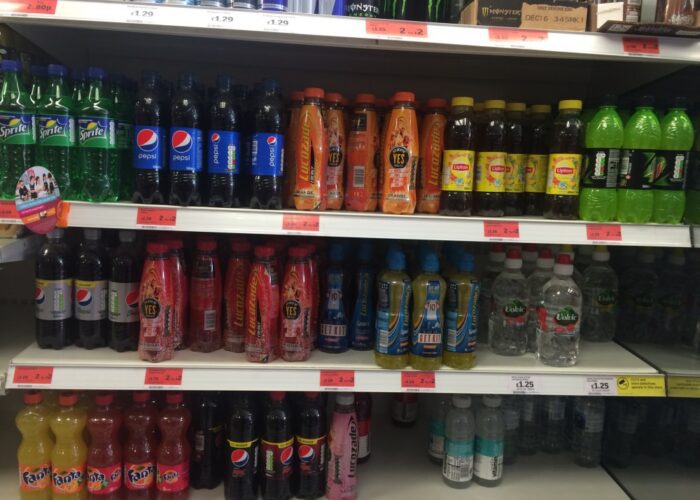
A new campaign has been launched to tackle the lack of awareness that surrounds sugary drinks and their link to serious health conditions.
Give Up Loving Pop (GULP) has been created by the social enterprise Health Equalities Group and funded by North West Directors of Public Health.
At present, the government has the responsibility to encourage the food and drink industry to reduce the amounts of sugar in their products. However this is voluntary and manufacturers are able to ‘bend’ the guidelines and avoid providing clear, consistent information to the consumer.
Robin Ireland, chief executive of the Health Equalities Group and Director of the GULP campaign, said: “Few people fully realise the harm that sugary drinks can do to your health. As well as damaging your teeth, overconsumption of these drinks can lead to weight gain, type 2 diabetes and poor heart health.”
Liverpool has some of the highest rates of obesity and research has found that many young people and adults are unaware that drinking just one can of fizzy pop per day increases the risk of dying from heart disease by a third. It can also lead to over six stone of weight-gain per year.
A leading professor in public health and nutrition, Lynne Kennedy, told JMU Journalism: “Unfortunately some drinks are marketed as healthier products and yet, because of relatively high levels of certain fruit juices they can sometimes have high levels of total sugar.
“This is problematic because young people or adults may think they are making a healthy/healthier choice, but the high sugar content is adding to their total daily calorie intake.”
As many high sugar drinks only provide energy and little other nutritional value, those who drink them are storing up problems for future generations with the cost in treated obesity related conditions.
Director General at the British Soft Drinks Assocication, Gavin Partington, slammed this research.
He said: “Soft drink companies are taking practical steps to help consumers lead healthier lives – product reformulation to reduce calories, increasing availability of smaller pack sizes and significant investment in promotion of low and no calorie options – up by nearly 50% last year alone. These practical steps will do more to help consumers than a campaign based on smear tactics.”

